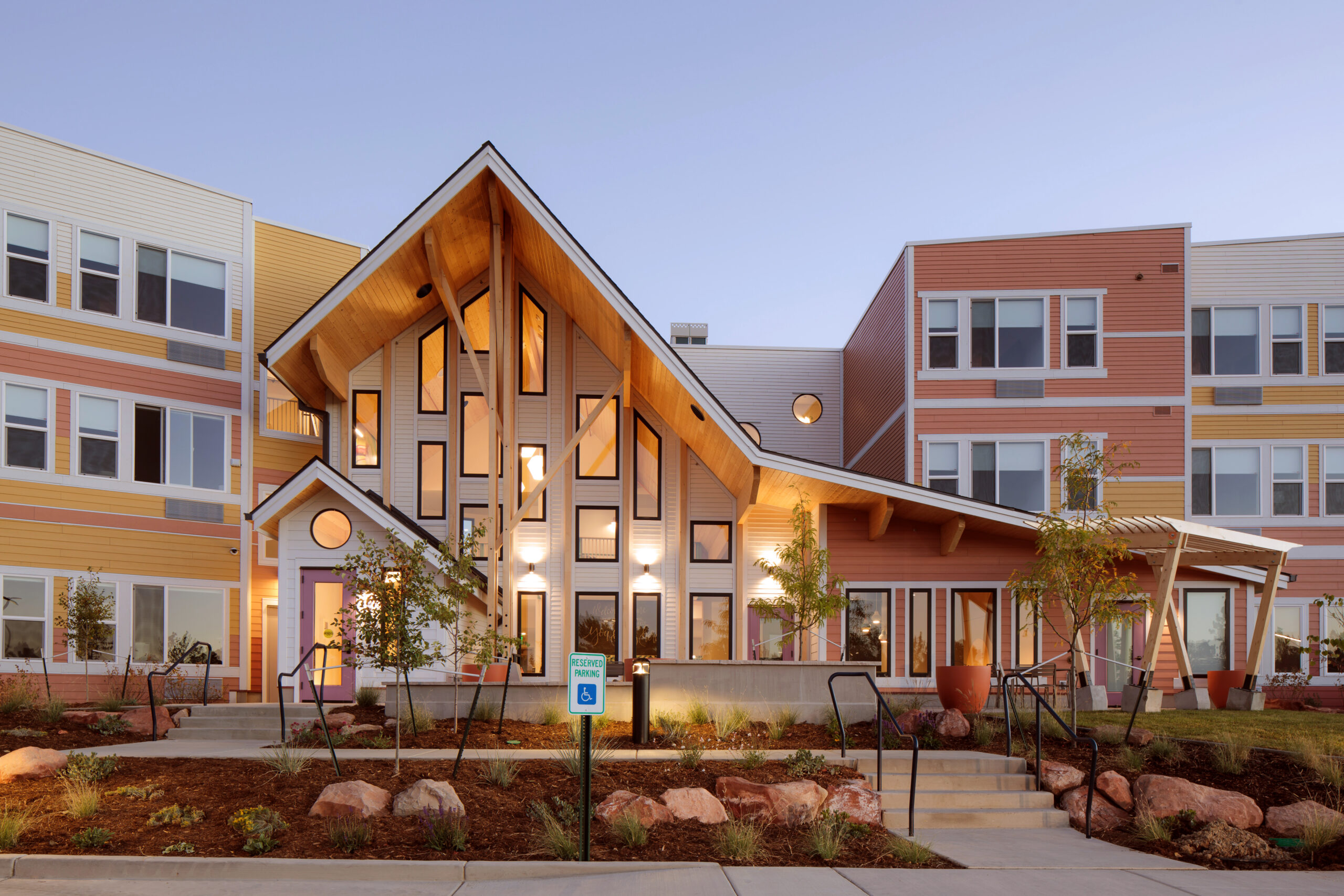Provides a crucial bridge for those who have served our country and are now navigating the challenges of civilian life. Many veterans face difficulties such as homelessness, unemployment, and mental health struggles. Transitional housing for veterans offers a structured environment where these issues can be addressed while promoting independence and long-term stability.
KEY BENEFITS OF TRANSITIONAL HOUSING FOR VETERANS
Safe and Supportive Environment
Transitional housing for veterans ensures a safe and stable living environment. Many veterans come from situations of homelessness or unstable housing, making this support essential. A secure environment allows veterans to focus on rebuilding their lives without the constant stress of survival.
Access to Comprehensive Services
One of the most important benefits of transitional housing for veterans is access to services like counseling, job training, and healthcare. These programs help veterans overcome obstacles that may have contributed to their housing instability, including PTSD, physical injuries, and unemployment.
Building a Sense of Community
Transitional housing for veterans fosters connections with peers who understand similar challenges. This sense of community reduces feelings of isolation and promotes mental well-being. Veterans can share experiences, provide encouragement, and build lasting friendships.
HOW TRANSITIONAL HOUSING FOR VETERANS HELPS REBUILD LIVES
Support for Employment and Education
Many transitional housing programs for veterans focus on employment and education opportunities. Residents receive guidance on job searching, resume building, and educational advancement. By providing these resources, transitional housing for veterans empowers individuals to regain financial independence.
Improving Mental and Physical Health
Transitional housing for veterans often includes access to mental health services, medical care, and wellness programs. Addressing both physical and mental health needs ensures veterans are prepared to transition successfully into permanent housing and independent living.
Personal Development and Life Skills
Programs within transitional housing for veterans emphasize personal development and life skills training. This includes budgeting, cooking, and time management. Learning these skills helps veterans adjust to civilian life more effectively and promotes long-term success.
Pathway to Permanent Housing
The ultimate goal of transitional housing for veterans is to guide residents toward permanent housing solutions. By offering temporary stability, skill-building opportunities, and ongoing support, transitional housing for veterans serves as a stepping stone to a secure and independent future.
Long-Term Community Integration
Transitional housing for veterans not only addresses immediate needs but also prepares individuals for reintegration into the broader community. Veterans leave these programs with the tools, confidence, and support networks necessary to maintain stability and thrive in civilian life.
CONCLUSION
Transitional housing for veterans plays a vital role in supporting those who have served. By providing safe housing, comprehensive services, community support, and pathways to permanent housing, transitional housing for veterans empowers individuals to rebuild their lives with dignity and independence. This support system ensures that veterans receive the guidance and resources they need to achieve lasting stability and success.



